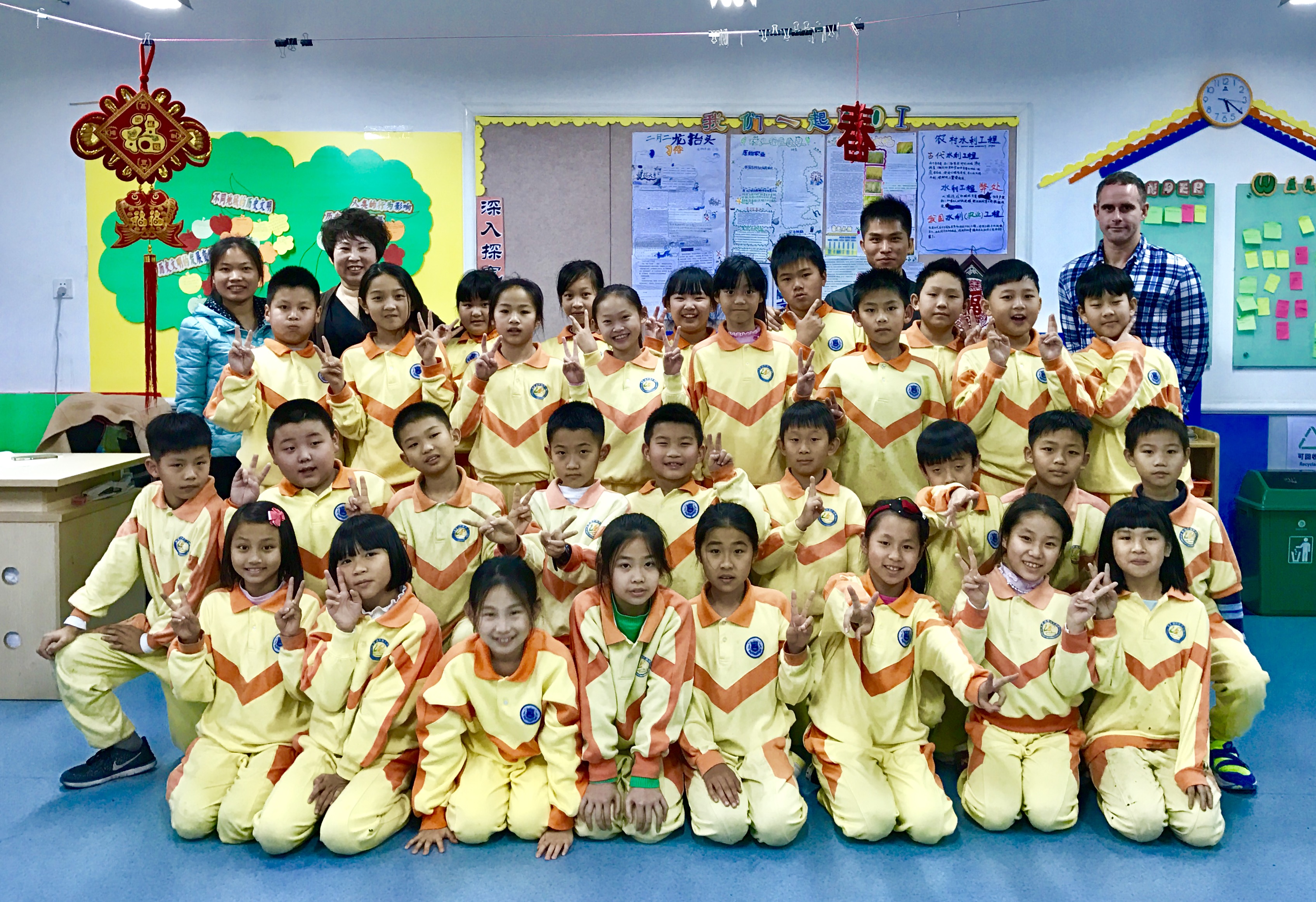Class Overview on Transportation: Exploring Its Pros and Cons
This class focuses on the advantages and challenges of transportation systems across the world. It aims to help students develop a deeper understanding of how transportation impacts daily life, the environment, and global connectivity. The lesson is delivered using a concept-based teaching method, a hallmark of the International Baccalaureate (IB) approach, which emphasizes critical thinking, inquiry, and real-world connections.
Teaching Methodology
In this demo session with my Grade 3 students, we encourage active engagement by guiding them to explore key concepts, rather than just memorize facts. Concept-based learning fosters higher-order thinking by prompting students to make connections across various contexts and subjects. For example:
- Central Concept: Transportation and Its Impact
We begin by introducing the central concept of transportation. Students are encouraged to think about different modes of transportation (land, air, water) and reflect on their everyday experiences—how they get to school, how goods arrive at stores, and how people travel long distances. - Exploring Pros and Cons
The students then participate in a guided inquiry, identifying the benefits (such as faster travel and global trade) and the downsides (such as pollution and traffic congestion) of transportation. To develop their critical thinking skills, students are asked to discuss these points in pairs or small groups, considering various perspectives.- For example:
- How does transportation improve our lives?
- What environmental challenges come with transportation?
- How can we improve transportation systems to make them more sustainable?
- For example:
- Encouraging Student Agency
Rather than providing direct answers, we use open-ended questions to spark curiosity and deeper thinking. Students are encouraged to ask their own questions and pursue personal lines of inquiry. This might include researching electric vehicles, exploring public transportation in different countries, or even brainstorming futuristic transportation ideas. - Interactive Activities
The lesson incorporates hands-on activities to reinforce learning. Students might create a visual chart comparing different transportation methods, conduct a debate on the environmental impacts, or design their own “ideal” transportation system. These activities promote collaboration and creativity. - Reflection and Connections to Global Issues
At the end of the session, students reflect on what they’ve learned and how transportation links to larger global issues, such as climate change, urban development, and access to resources. They also discuss potential solutions to transportation-related challenges, fostering a problem-solving mindset.
This teaching approach encourages students to think independently, make connections beyond the classroom, and develop the IB learner profile attributes, such as being thinkers, inquirers, and communicators. The goal is not just to impart knowledge, but to help students become reflective, globally-minded individuals who can apply their learning to real-world situations.
关于交通的优缺点课程概述
本节课主要探讨世界各地的交通系统所带来的优势和挑战,旨在帮助学生深入了解交通如何影响我们的日常生活、环境以及全球的互联互通。本课采用国际文凭课程(IB)理念中的概念导向教学法,强调批判性思维、探究学习以及与真实世界的联系。
教学方法
这是我与三年级学生的一节示范课。在课堂上,我们通过引导学生探索核心概念,帮助他们从多个角度思考问题,而不是简单地记忆事实。概念导向教学法注重培养学生的高阶思维能力,并帮助他们将学习内容与不同的情境和学科联系起来。例如:
1. 核心概念:交通及其影响
我们首先引入“交通”这一核心概念。学生们会从自己的日常经历出发,思考不同的交通方式(陆路、航空、水路),例如:他们是如何上学的、货物如何运送到商店、人们如何在世界各地旅行等。
2. 探索交通的优缺点
接下来,学生们进行引导性探究,识别交通带来的好处(如更快的出行和全球贸易)以及交通面临的挑战(如污染和交通拥堵)。为了培养他们的批判性思维能力,学生们会以小组讨论的形式从不同的角度分析这些问题。
例如:
- 交通如何改善我们的生活?
- 交通对环境造成了哪些挑战?
- 我们如何改进交通系统,使其更加环保和可持续?
3. 培养学生的主动学习能力
在课堂上,我们不直接给出标准答案,而是通过开放式问题来激发学生的好奇心和深入思考能力。同时,我们鼓励学生自主提问,并根据自己的兴趣开展探究。例如,他们可能会研究电动车的发展趋势、比较不同国家的公共交通系统,甚至构思未来的交通工具。
4. 互动活动
本节课包含了多种互动式活动,以帮助学生巩固学习内容。例如,学生们可以绘制不同交通方式的优缺点图表、就交通对环境的影响进行辩论,或设计他们理想中的“未来交通系统”。这些活动能够有效促进学生的合作与创造力。
5. 反思与全球问题的联系
在课程的最后,学生们将对所学内容进行反思,并探讨交通与全球性问题(如气候变化、城市发展、资源获取等)的联系。此外,他们还会讨论解决交通相关挑战的潜在方案,从而培养他们的问题解决能力。
总结
这种教学方法旨在激发学生的独立思考能力,帮助他们在课堂之外建立广泛的联系,并培养IB学习者的特质,如思考者、探究者和沟通者。本课程的目标不仅是传授知识,更是帮助学生成为具有反思能力的、具有全球视野的个体,并能将所学知识应用到实际生活中去。
